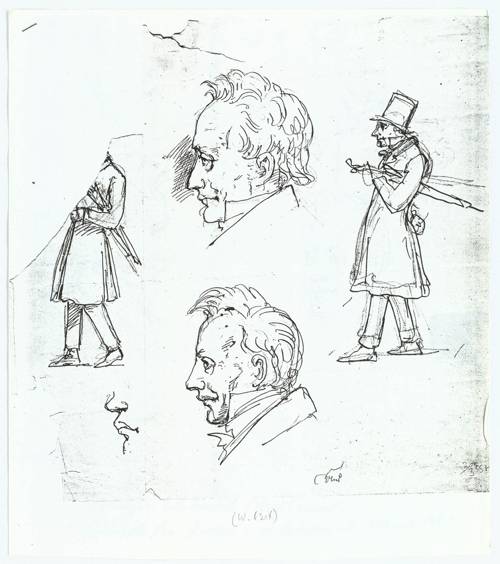
FAQ About Søren Kierkegaard

Who was Søren Kierkegaard?
Søren Kierkegaard was a Danish philosopher and theologian, widely regarded as the father of existentialism. He was born on May 5, 1813, in Copenhagen, Denmark, and his work mainly focused on themes of individuality, faith, and the human condition. Kierkegaard's writings explore the complexities of human existence, particularly through the lenses of Christian faith and existential philosophy.

What did Kierkegaard mean by 'leap of faith'?
The 'leap of faith' is a concept Kierkegaard introduced to describe the act of believing in something without sufficient evidence, particularly in the context of religious faith. He argued that faith involves taking a leap beyond the rational and empirical into the realm of the spiritual and personal, where individuals must embrace uncertainty and commit themselves to beliefs that cannot be fully justified through reason alone.

What are some of Kierkegaard's most significant works?
Some of Kierkegaard's most significant works include "Either/Or," "Fear and Trembling," "The Sickness Unto Death," and "Philosophical Fragments." These works delve into existential and theological themes, exploring the nature of faith, ethics, and the self. His writings are often characterized by their dialectical style and use of pseudonyms to present different perspectives.

How did Kierkegaard influence existentialism?
Kierkegaard is considered a major influence on existentialism through his exploration of individuality, choice, and subjective experience. His emphasis on personal responsibility, the importance of individual choice, and the existential crises faced by individuals in their search for meaning greatly shaped existential thought. Later philosophers, such as Jean-Paul Sartre and Martin Heidegger, were influenced by Kierkegaard's focus on existential themes.

What is the main idea of Kierkegaard's 'Fear and Trembling'?
"Fear and Trembling" examines the biblical story of Abraham and Isaac to explore the concept of faith as a paradoxical and deeply personal commitment that goes beyond the ethical and rational. Kierkegaard argues that true faith involves a "teleological suspension of the ethical," where an individual's relationship with God transcends conventional moral reasoning, making Abraham's willingness to sacrifice his son an exemplar of faith.

Why did Kierkegaard write under pseudonyms?
Kierkegaard used pseudonyms as a literary technique to explore different viewpoints and philosophical ideas. This method allowed him to separate his own beliefs from the ideas he was examining and to engage readers in a dialogue by letting them encounter various perspectives. Pseudonymous works often represent complex dialectical analysis, where the pseudonyms embody distinct philosophical positions.

What is Kierkegaard's concept of 'the aesthetic stage'?
The 'aesthetic stage' in Kierkegaard's philosophy refers to a way of life focused on sensory enjoyment, pleasure, and personal satisfaction. Individuals in this stage seek to avoid commitment and responsibility, living for the moment and pursuing transient pleasures. Kierkegaard believed that this stage, while initially satisfying, ultimately leads to dissatisfaction and despair, prompting a transition to higher stages of existence.

How is Kierkegaard’s 'Knight of Faith' described?
The 'Knight of Faith' is a concept in Kierkegaard's "Fear and Trembling," representing an individual who has achieved a true relationship with God through complete faith. Unlike the 'knight of infinite resignation,' who surrenders everything and lives in eternal loss, the Knight of Faith regains everything through faith and lives in peace and fulfillment with both the finite and the infinite, embodying the paradox of faith.

What is the significance of 'the ethical stage' in Kierkegaard's thought?
Kierkegaard's 'ethical stage' represents a phase of life where individuals seek to live according to moral values and societal norms. This stage emphasizes commitment, duty, and responsibility, encouraging individuals to make choices that align with ethical principles. However, Kierkegaard believed this stage could lead to existential angst, as it is limited by human imperfections, ultimately driving individuals towards the 'religious stage.'

Why is Kierkegaard considered the father of existentialism?
Kierkegaard is known as the father of existentialism due to his early exploration of themes central to existential philosophy, such as individual existence, freedom, choice, and the search for meaning. His work laid the groundwork for later existential thinkers by emphasizing personal responsibility and the subjective experience of life. Kierkegaard's focus on the individual's internal struggle and quest for authenticity became foundational in existentialism.
